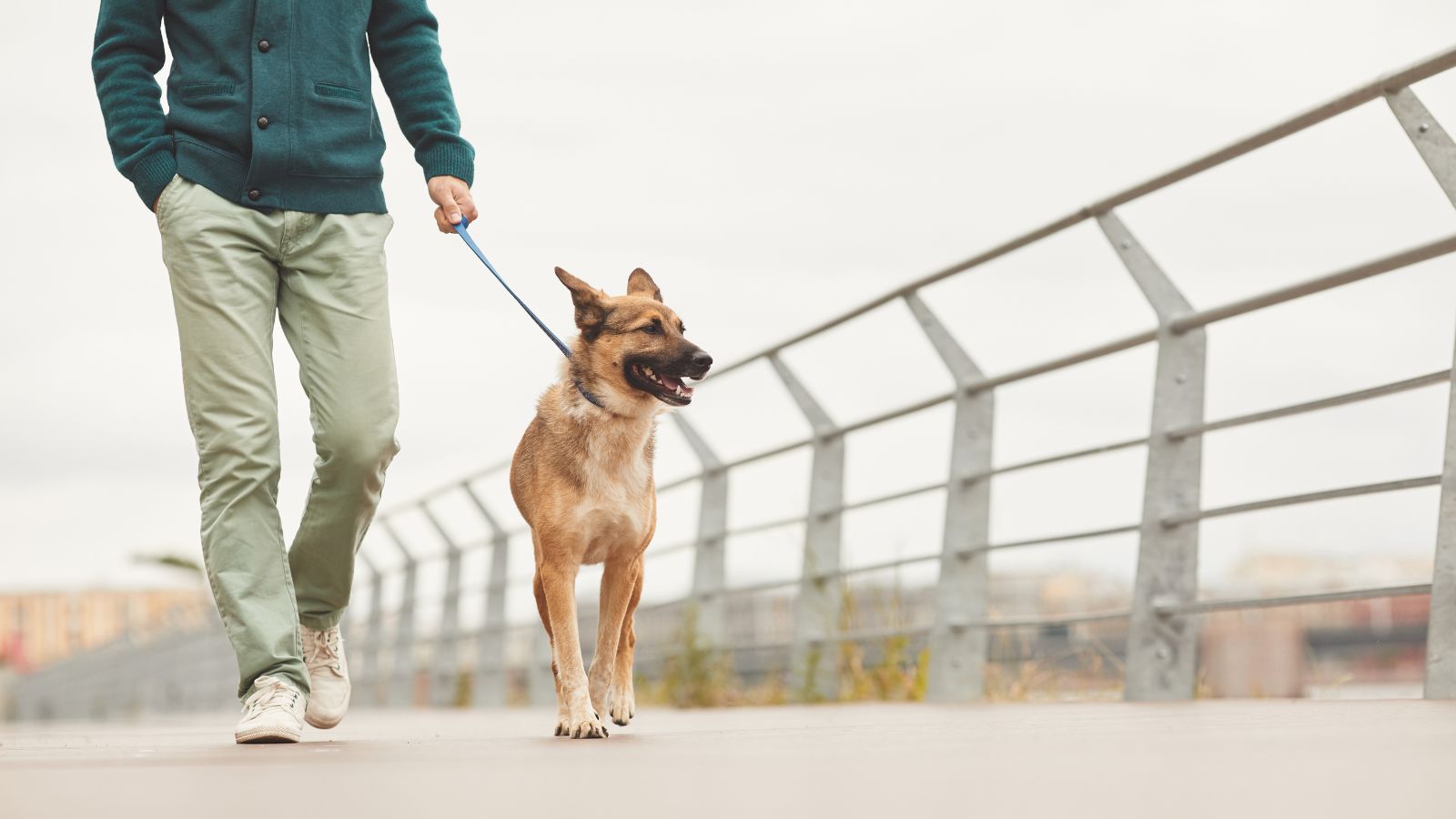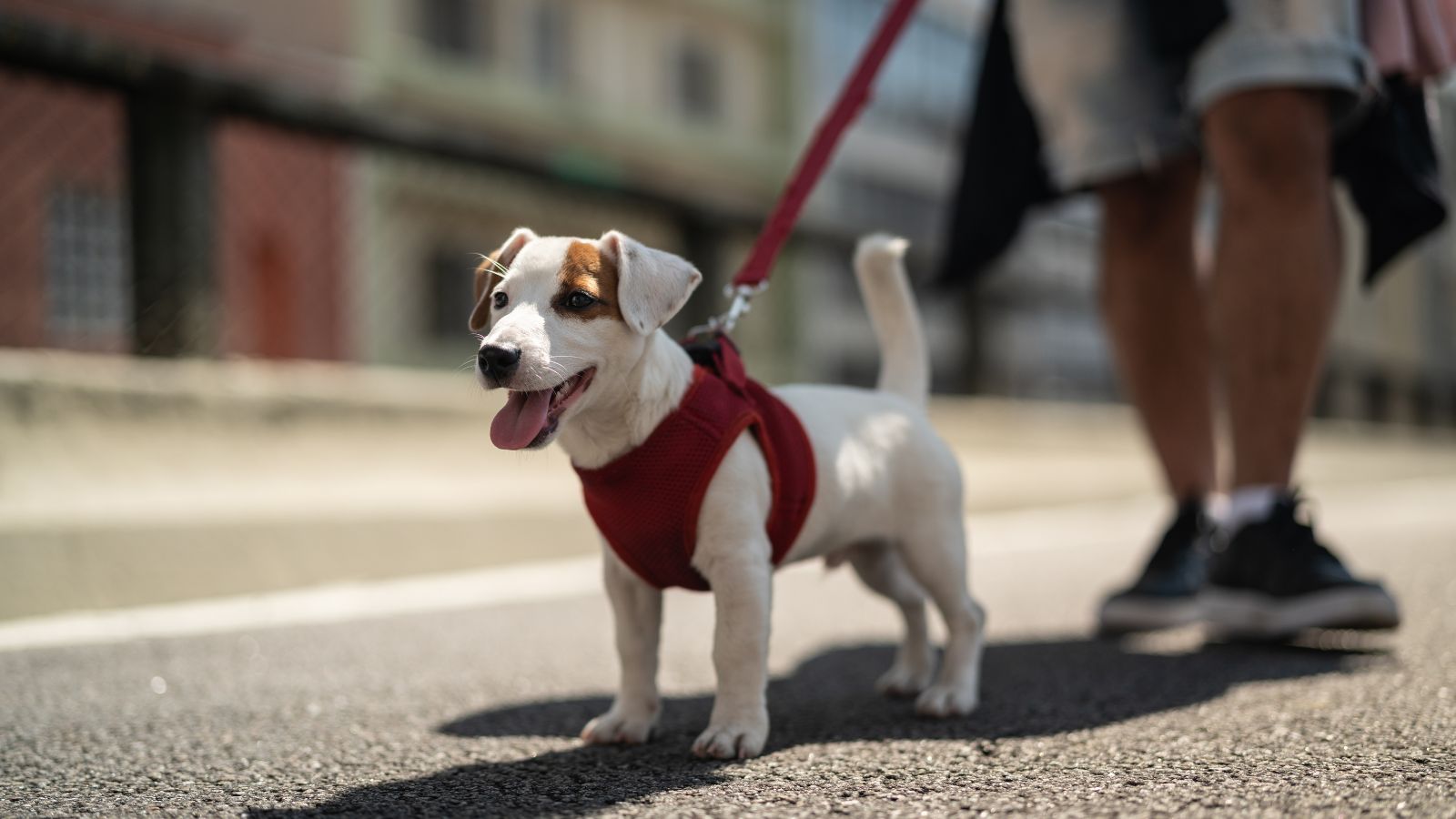
In a city where crowded sidewalks, busy parks, and dense neighborhoods are the norm, dog ownership isn’t just a private choice—it’s a public responsibility. Every unleashed stroll or barking lunge carries consequences, not only for pets and their owners but also for unsuspecting bystanders. As dog bites and attacks continue to make headlines, understanding Chicago’s local regulations around leashing, quarantining, and public safety is more important than ever.
Chicago ordinances go beyond common sense courtesy—they are enforceable rules designed to protect everyone. Whether you’re a new dog owner or a longtime resident, staying informed about these requirements isn’t optional. Violating them could result in fines, lawsuits, or worse. The Taxman, Pollock, Murray & Bekkerman LLC animal attack legal team has seen firsthand what happens when pet owners neglect these rules, often only realizing the legal stakes after someone is injured.
Chicago’s Strict Leash Requirements
In Chicago, leash laws are not up for interpretation. All dogs must be kept on a leash no longer than six feet in length when in public. This applies to sidewalks, parks, apartment hallways, and even areas outside your own front yard unless it’s properly fenced and secured.
Violations don’t just result in tickets. If a dog causes injury while off-leash, the owner can face civil liability, and in cases of serious injury, even criminal charges. The law isn’t about inconvenience; it’s about preventing unpredictable, and often devastating, outcomes.
What Happens After a Dog Bite in Chicago: Understanding Quarantine Requirements
A dog bite triggers not only health concerns but also legal responsibilities. In Chicago, strict protocols are in place to protect public safety and guide legal outcomes:
- Mandatory rabies quarantine: After a bite, the dog must be quarantined and observed for signs of rabies for 10 days.
- Quarantine location depends on circumstances: The dog may be confined at the owner’s home or placed in a licensed animal care facility, based on factors like vaccination status and bite severity.
- Quarantine is part of legal procedure: This step is more than a health precaution—it plays a role in official investigations and liability determinations.
- Failure to comply has legal consequences: Not reporting a bite or ignoring quarantine orders can result in fines, criminal charges, or weakened defense in civil litigation.
- Prompt and transparent reporting is critical: Timely documentation and cooperation show responsibility and may mitigate legal fallout for the dog owner.
Vaccinations and Licensing: More Than Paperwork
Chicago requires all dogs over four months of age to be vaccinated against rabies and licensed with the city. The tag must be worn at all times while the dog is in public, serving as a signal to both residents and authorities that the pet is up to date on health protocols.
Lack of compliance doesn’t just increase public health risks—it signals negligence in the event of an incident. Courts take note when dog owners haven’t taken these basic steps, and this can significantly impact liability if an injury occurs.
Dangerous and Vicious Dog Designations
Chicago Animal Care and Control may label a dog “dangerous” or “vicious” based on the severity of an incident. These classifications carry strict consequences, including mandatory muzzling, additional insurance requirements, or permanent removal of the animal from the home.
Once designated, the burden of proving future safety shifts heavily onto the dog owner. Appeals are possible, but require compelling evidence and compliance with court orders. These designations follow the dog and its owner for life, so even one mistake can lead to permanent restrictions.
Off-Leash Areas Still Require Vigilance
Chicago offers designated dog-friendly areas (DFAs), such as fenced-in dog parks where off-leash play is allowed. But even within these spaces, rules apply. Dogs must be licensed, vaccinated, and monitored at all times. Aggressive behavior is grounds for immediate removal.
Owners who allow rough or reckless play in DFAs may still be held liable if their dog injures another pet or person. Just because a dog is off-leash legally doesn’t mean its owner is off the hook for what happens next.
Liability for Runners, Kids, and Delivery Workers
A common misconception among dog owners is that certain victims—like joggers who startled the dog or kids who ran up to pet it—share the blame for an incident. But in Chicago, the law strongly favors the injured party, especially if the dog was not securely leashed or confined.
Delivery drivers, postal workers, and neighborhood children are owed a basic level of safety under the law. If your dog injures someone simply going about their business, liability can quickly escalate. Precaution is not just polite—it’s mandatory.
Reporting Requirements and Civil Implications
All bites must be reported to Chicago Animal Care and Control. Failure to report can result in fines, and it significantly weakens the dog owner’s position in any civil case. Unreported bites may also indicate a pattern of behavior that puts other residents at risk.
Once a bite is reported, it becomes part of the public record. If future incidents occur, this history can be used to argue for heightened damages, negligence, or even punitive actions. Dog owners should never assume an incident will remain private or inconsequential.
Prevention Is the Best Defense
Owning a dog in Chicago comes with real responsibility. That means more than training and affection—it means legal compliance and a mindset focused on safety. Dog attacks aren’t always the result of malicious animals; they’re often the result of preventable carelessness.
For responsible pet owners, the city’s rules are not a burden—they’re a blueprint for protecting your dog, your neighbors, and yourself. Knowing and following them not only helps prevent tragedy but also proves you did everything right if something ever does go wrong.

